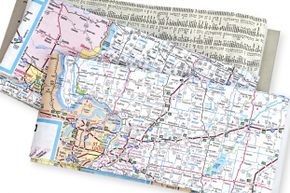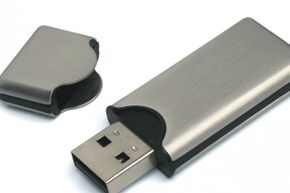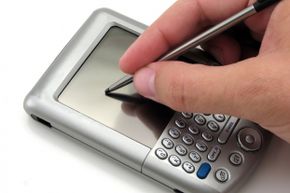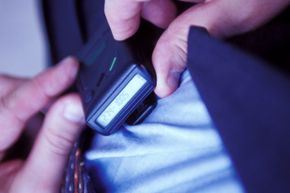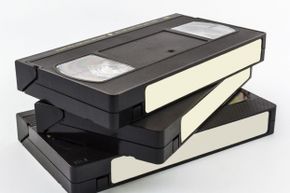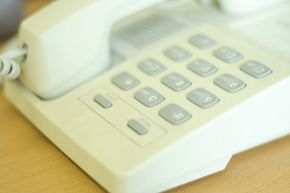All of our electronic gadgets get smaller, faster and more powerful. Along the way, older versions start to sprout gray hairs. When that happens, they either continue to hone their capabilities with a technical comb over or they fall uselessly out of favor, dropping from retail stores and into history.
Inertia and human nature are funny things, though. Often, devices that find mass market penetration linger in our homes, cars and pockets, simply because we're too lazy or too cheap to invest in newer and better alternatives.
Advertisement
In other cases, the older stuff provides nostalgia or may even outperform supposedly superior descendents. For example, vinyl records aren't as user-friendly or portable as their MP3 counterparts. But proponents argue for vinyl's warmer sound, groovy tactile feedback and artistic allure.
Most devices aren't so fortunate, especially when it comes to pocket-sized electronics. A whole slew of products are falling victim following the advent of fully capable smartphones. When one little phone/computer can do hundreds of tasks pretty well, it suddenly seems ridiculous to carry around a camera, camcorder, tape recorder, MP3 player, paper maps and dozens of other objects that a smartphone could reasonably stand in for.
Like no-smoking signs on airplanes, though, there's a still long list of tech that marks the businesses and people still using them as socially outdated and technologically tone deaf. Keep reading to see our top 10 technologies that just won't die, even though they probably should.

